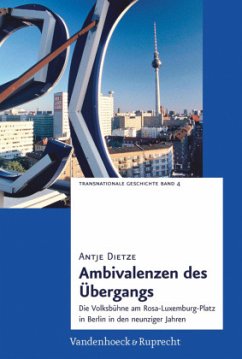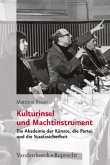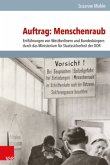This volume studies the success achieved by the Volksbühne at the Rosa-Luxemburg-Platz in Berlin through its participating in societal change following the fall of the Berlin Wall and the reunification of the East and West Germany. In the time immediately after the reunification of East and West Germany, artists and artistic institutions played an important role in society: They put cultural traditions to the test and thus put their stamp on subsequent social changes. In this volume the author studies this phenomenon using as an example the Volksbühne Theater in Berlin, which became a model of cultural success in the 1990s. It shows how the Volksbühne critically addressed the social conflicts by emphasizing its East German roots, and it describes the changes that took place in the inner-German and international relations of the Volksbühne both before and after 1989.
Hinweis: Dieser Artikel kann nur an eine deutsche Lieferadresse ausgeliefert werden.
Hinweis: Dieser Artikel kann nur an eine deutsche Lieferadresse ausgeliefert werden.







